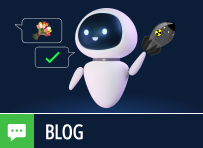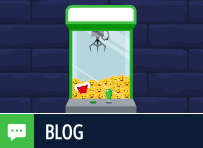Binary secret scanning helped us prevent (what might have been) the worst supply chain attack you can imagine
The JFrog Security Research team has recently discovered and reported a leaked access token with administrator access to Python’s, PyPI’s and Python Software Foundation’s GitHub repositories, which was leaked in a public Docker container hosted on Docker Hub. As a community service, the JFrog Security Research team continuously scans public repositories such as Docker Hub, …














